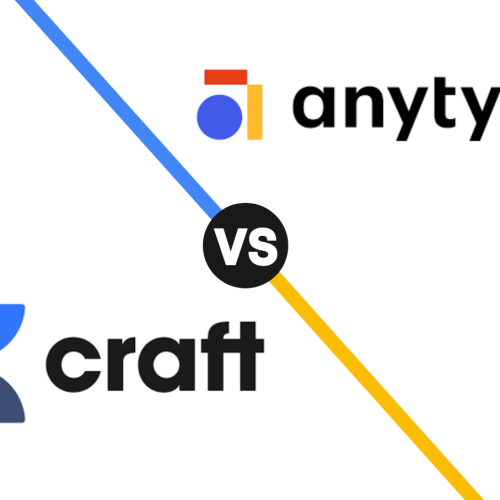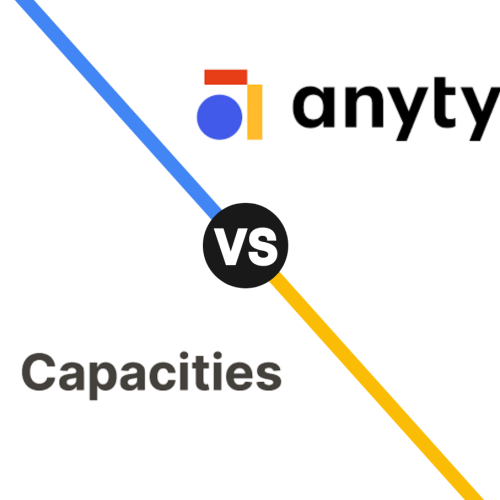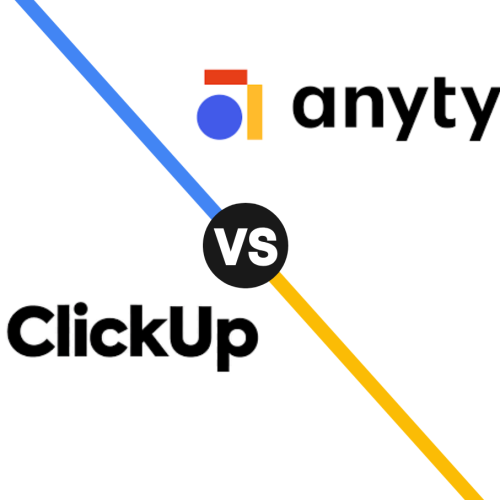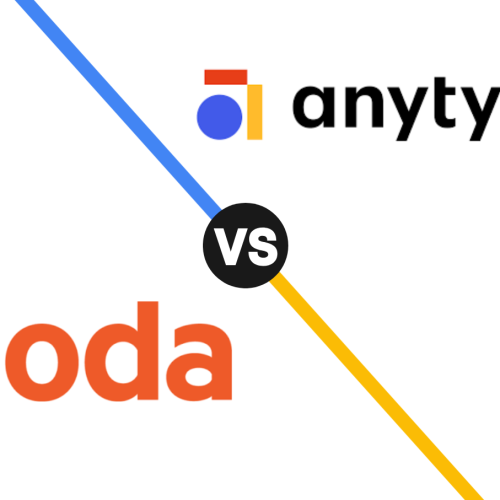Choosing the right marketing automation platform is a big decision for any business. It’s about finding the perfect tool to help you attract new customers, keep current ones happy, and grow your company. This choice can change how your whole team works together.
This article will help you decide between two popular platforms: HubSpot vs Pardot. We will look at what each platform does, how it works, and who it is best for. By the end, you’ll know which one is the better fit for your business in 2026.
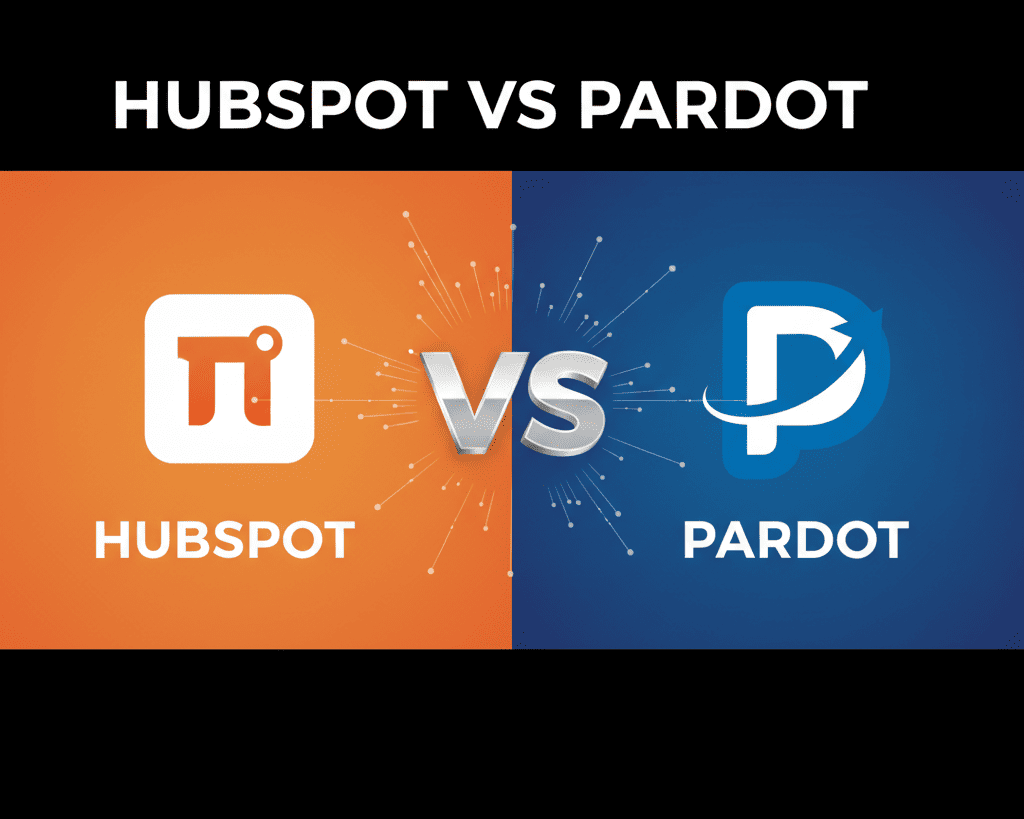
What is HubSpot?
HubSpot is an all-in-one software platform that helps businesses with marketing, sales, and customer service. It is designed to be very easy to use, making it great for companies that want a simple and powerful way to handle all their customer-related activities in one place.
The platform works by bringing all your business activities together. With tools for websites, blogs, social media, and email, HubSpot helps you attract visitors, turn them into leads, and then into happy customers. It’s built for an inbound marketing approach.
What is Pardot?
Pardot, now known as Salesforce Marketing Cloud Account Engagement, is a marketing automation tool built for business-to-business (B2B) companies. It is especially good at helping sales and marketing teams work together to close complex deals and nurture leads over time.
Pardot’s main strength is its deep connection with Salesforce’s CRM. This allows for smooth data sharing between marketing and sales. It offers advanced lead scoring and grading, which helps your sales team focus on the most promising leads to turn them into paying customers.
Conclusion: HubSpot vs Pardot
Choosing between HubSpot and Pardot depends on your business size, budget, and existing technology. HubSpot is excellent for its user-friendly interface and all-in-one platform, making it ideal for small to mid-sized businesses. Pardot, with its deep Salesforce integration and advanced B2B features, is better suited for larger companies already using the Salesforce CRM.
FAQs
- What is the main difference between HubSpot and Pardot?
HubSpot is a complete all-in-one platform with its own CRM, designed for a broad range of businesses. Pardot is a more specialized marketing automation tool that works best when deeply integrated with the Salesforce CRM. - Is HubSpot or Pardot better for small businesses?
HubSpot is generally better for small businesses. It offers a free plan and lower starting prices, along with a user-friendly design that makes it easy for smaller teams to get started without a huge investment. - Which platform is easier to use?
HubSpot is widely considered easier to use. Its visual drag-and-drop builders and intuitive interface have a much shorter learning curve compared to Pardot, which can be more complex and requires knowledge of the Salesforce ecosystem. - Do you need Salesforce to use Pardot?
While you can use Pardot without Salesforce, it is designed to work seamlessly with the Salesforce CRM. The real power of Pardot comes from this native integration, which allows for advanced lead management and reporting. - How do HubSpot and Pardot handle lead scoring?
Both platforms offer lead scoring, but they work differently. HubSpot provides a more basic, but effective, lead scoring system. Pardot offers advanced scoring and grading, which allows for more specific rules based on a prospect’s behavior and profile. - Which platform has better reporting and analytics?
Both platforms have strong reporting. HubSpot provides comprehensive, customizable dashboards for tracking marketing performance. Pardot’s reporting, while powerful, is more focused on B2B metrics and is often enhanced by Salesforce’s own reporting tools. - Can you create landing pages and forms with both platforms?
Yes, both platforms allow you to create landing pages and forms. HubSpot’s builders are known for being more user-friendly and feature a simple drag-and-drop design. Pardot’s tools are also effective, but they can sometimes require more technical knowledge to get the most out of them. - Is one platform more expensive than the other?
Pardot is typically more expensive, with a higher starting price point. HubSpot offers a free CRM and more affordable entry-level paid plans, making it more scalable for businesses that are just starting to grow. - Which one is better for B2B marketing?
While both can be used for B2B, Pardot is specifically designed for complex B2B sales cycles. Its features, like advanced lead grading and its deep connection to the sales team’s CRM, make it a powerful choice for B2B companies. - What about customer support and resources?
HubSpot is known for its extensive library of free educational content through HubSpot Academy and its strong community. Both platforms offer excellent customer support, though HubSpot’s support options tend to expand with higher-tier plans.


